The Legacy Of Unblocked Games: Exploring The Phenomenon Of Online Play In Educational Settings
The Legacy of Unblocked Games: Exploring the Phenomenon of Online Play in Educational Settings
Related Articles: The Legacy of Unblocked Games: Exploring the Phenomenon of Online Play in Educational Settings
Introduction
With great pleasure, we will explore the intriguing topic related to The Legacy of Unblocked Games: Exploring the Phenomenon of Online Play in Educational Settings. Let’s weave interesting information and offer fresh perspectives to the readers.
Table of Content
The Legacy of Unblocked Games: Exploring the Phenomenon of Online Play in Educational Settings

The concept of "unblocked games" has become synonymous with online gaming within educational environments. While the term itself may be informal, it encapsulates a significant phenomenon: the accessibility of online games during school hours, often bypassing restrictions imposed by school networks. This article delves into the historical context, cultural impact, and educational implications of unblocked games, exploring their significance within the digital landscape of educational institutions.
Origins and Evolution:
The emergence of unblocked games can be traced back to the early days of the internet, when dial-up connections and limited bandwidth were the norm. As internet access became more prevalent in schools, a parallel development occurred: the desire for students to access online entertainment during downtime or breaks. This led to the creation of websites dedicated to hosting "unblocked" games, circumventing school network filters designed to block access to non-educational content.
Early unblocked game websites often featured simple, browser-based games like classics like "Minesweeper" or "Tetris," requiring minimal processing power and internet bandwidth. However, as technology advanced and internet access became faster and more ubiquitous, the landscape of unblocked games evolved. More complex and visually appealing games, often drawing inspiration from popular console and PC titles, began to appear.
The Cultural Impact of Unblocked Games:
Unblocked games have had a profound impact on the social and cultural landscape of educational institutions. They have become a common shared experience, fostering camaraderie and a sense of community among students. The thrill of discovering new games, sharing strategies, and competing against classmates has become a hallmark of the unblocked games experience.
Furthermore, these games have provided a platform for creative expression and social interaction. Students have used them to develop teamwork skills, problem-solving abilities, and even to showcase their artistic talents through game design and modding communities.
Educational Implications:
While often perceived as a distraction, unblocked games can have educational benefits. They can enhance cognitive skills such as critical thinking, problem-solving, and decision-making. Certain games, like strategy games, can improve planning and resource management skills, while action games can enhance hand-eye coordination and reaction time.
Moreover, unblocked games can be used as a tool for engaging students in learning. Educators have incorporated them into lesson plans, using them to illustrate concepts, reinforce learning, or simply provide a fun and interactive break from traditional classroom activities.
The Ethical Considerations:
The use of unblocked games raises ethical concerns regarding student time management, potential distractions from academic work, and the risks associated with accessing unfiltered online content. Some schools have adopted stricter policies regarding online access, while others have implemented educational games within their curriculum, recognizing the potential benefits of these platforms.
FAQs:
Q: Are unblocked games always safe for students?
A: While many unblocked game websites focus on safe and age-appropriate content, some may host games with mature themes or inappropriate content. It is crucial for schools to implement robust filtering systems and to educate students about online safety practices.
Q: How can unblocked games be incorporated into education?
A: Educators can leverage unblocked games for educational purposes by selecting games that align with learning objectives, using them as tools for interactive learning, and fostering student engagement through gamification.
Q: What are the potential drawbacks of unblocked games?
A: Unblocked games can be distracting, leading to decreased academic performance. They may also expose students to inappropriate content or cyberbullying. Schools must establish clear policies regarding online access and monitor student activity to mitigate these risks.
Tips for Educational Use:
- Select games aligned with learning objectives: Choose games that reinforce specific concepts, skills, or subject matter.
- Integrate games into lesson plans: Use games as interactive tools to introduce new concepts, provide practice opportunities, or enhance student engagement.
- Set clear expectations and guidelines: Establish rules regarding game usage, time limits, and appropriate behavior during game sessions.
- Monitor student activity: Regularly check student progress, assess their engagement, and address any issues related to inappropriate content or cyberbullying.
Conclusion:
The phenomenon of unblocked games is a complex and multifaceted one, reflecting the evolving relationship between technology, education, and youth culture. While these games can be a source of distraction and potential risk, they also hold significant potential for educational purposes, promoting engagement, fostering creativity, and enhancing cognitive skills. By understanding the dynamics of unblocked games and embracing their potential benefits while mitigating their risks, schools can create a more dynamic and engaging learning environment for the digital generation.
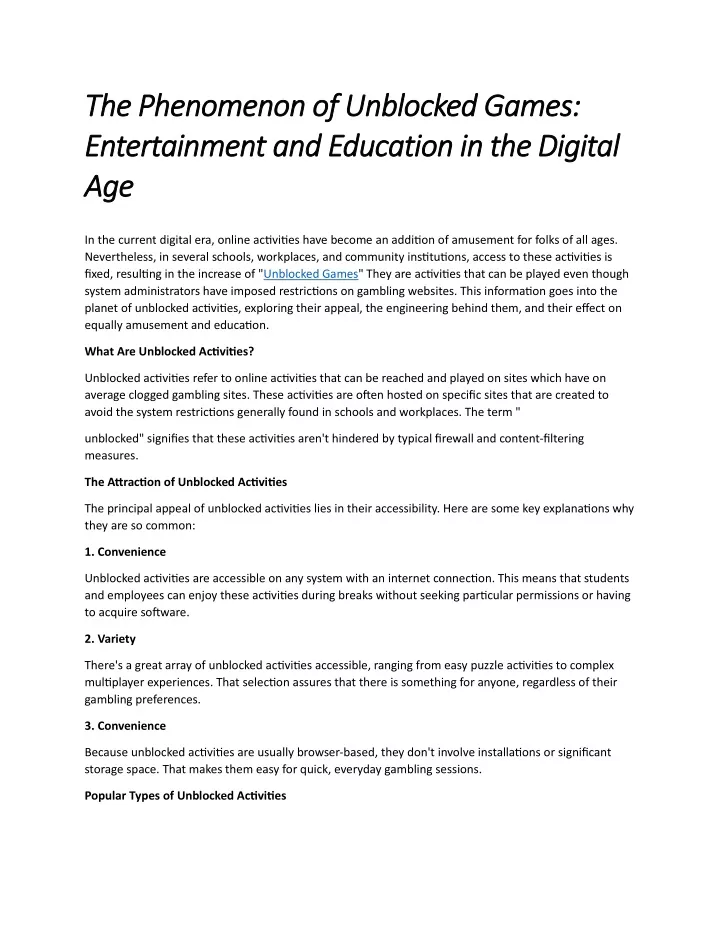
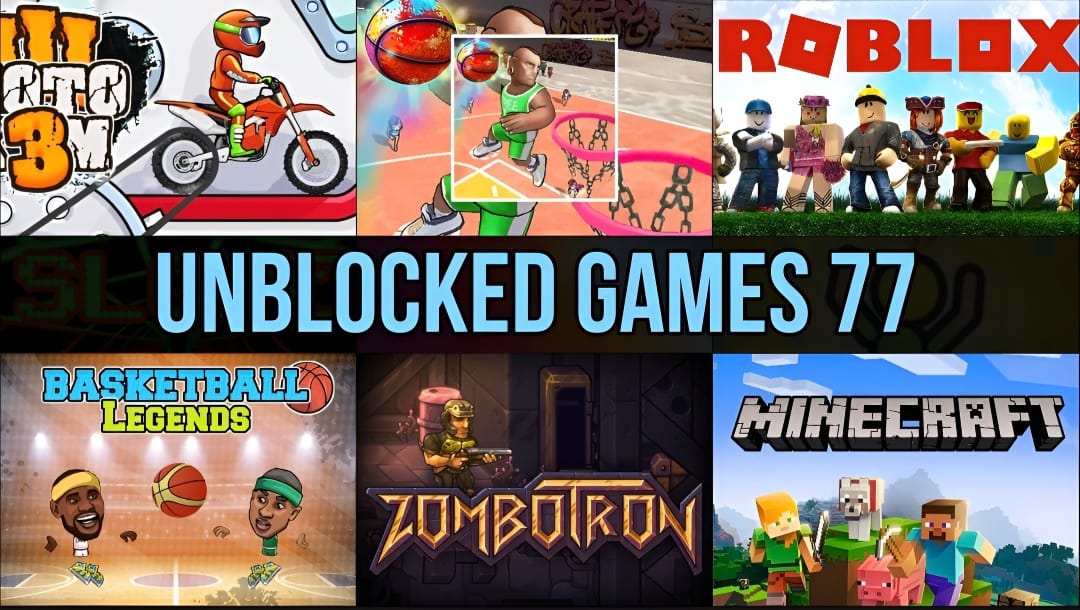
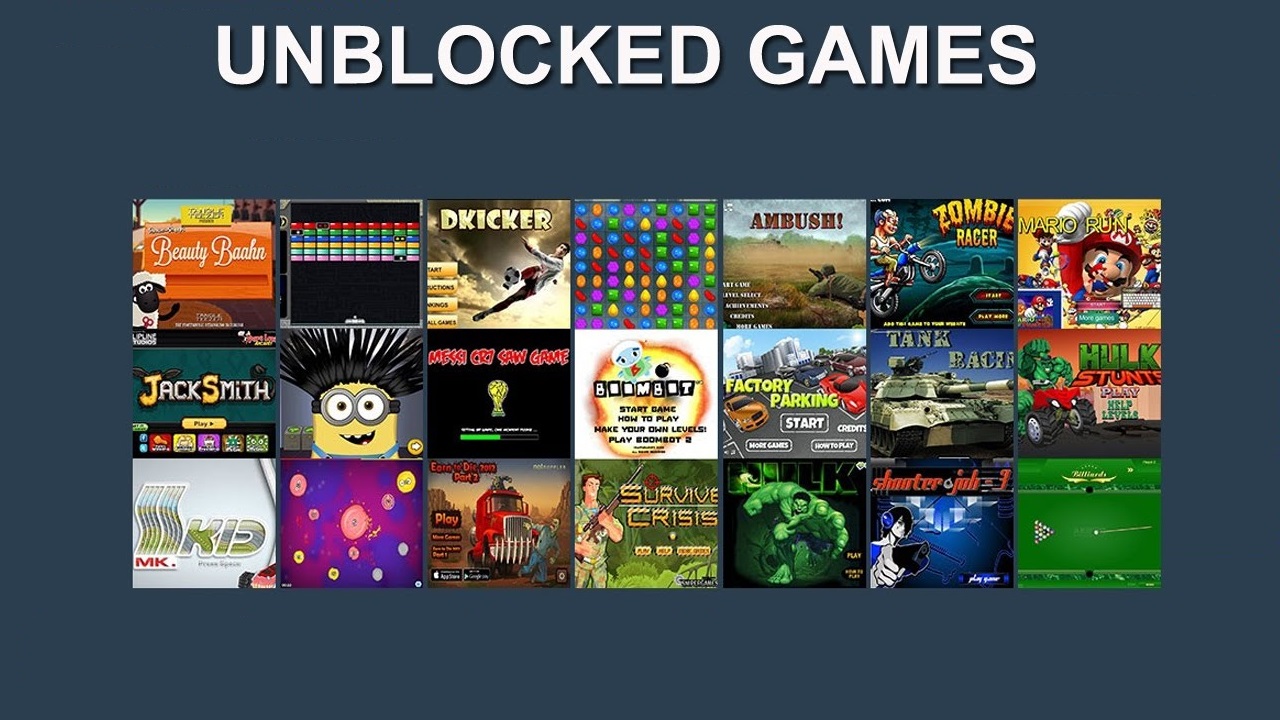
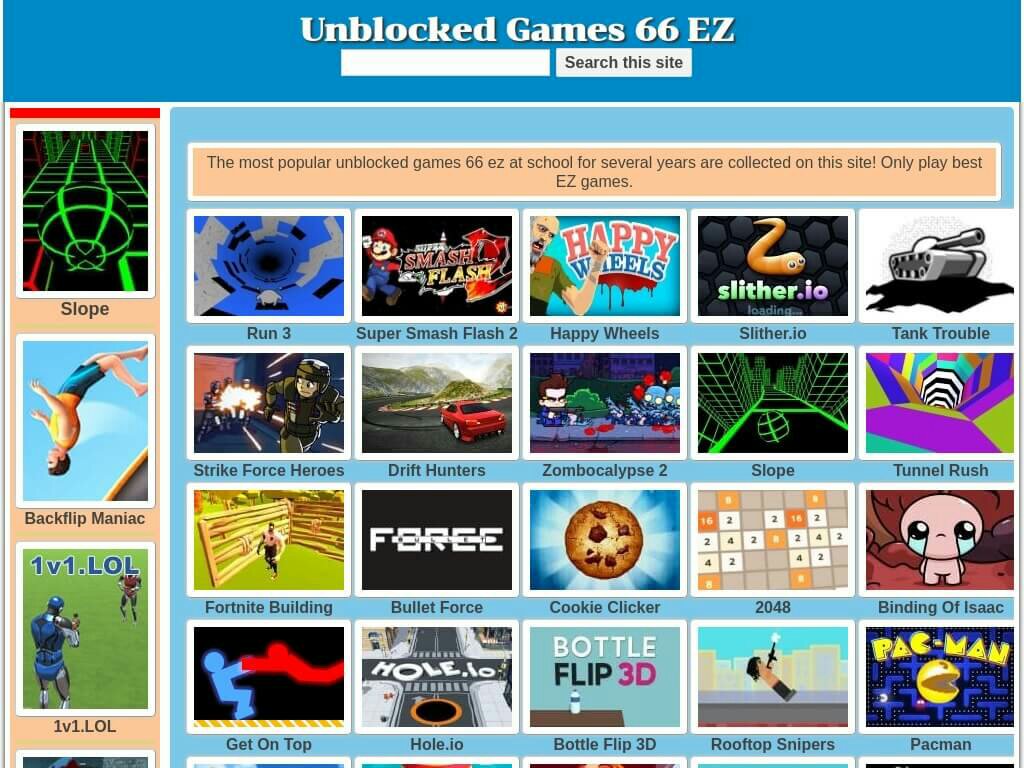

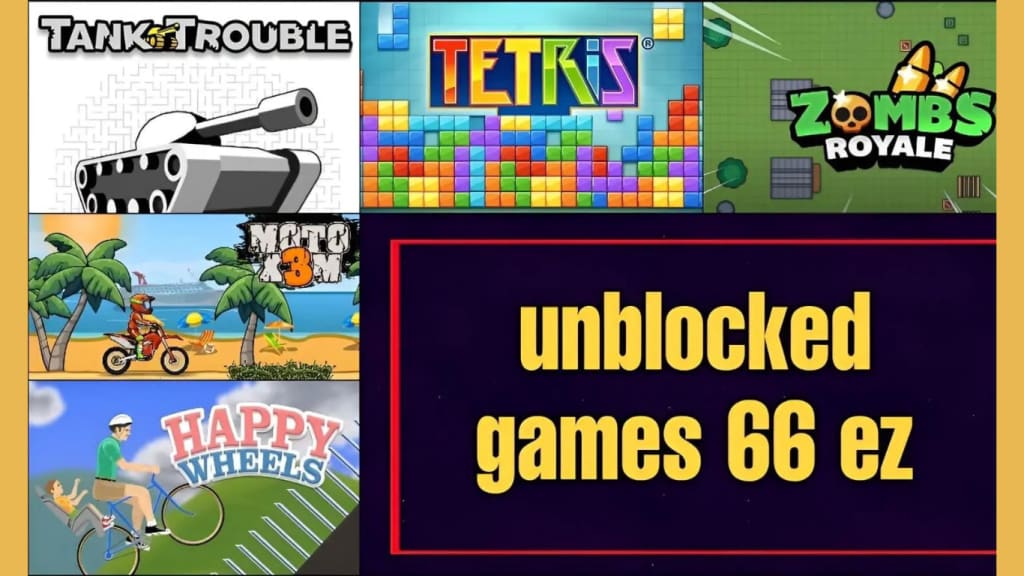
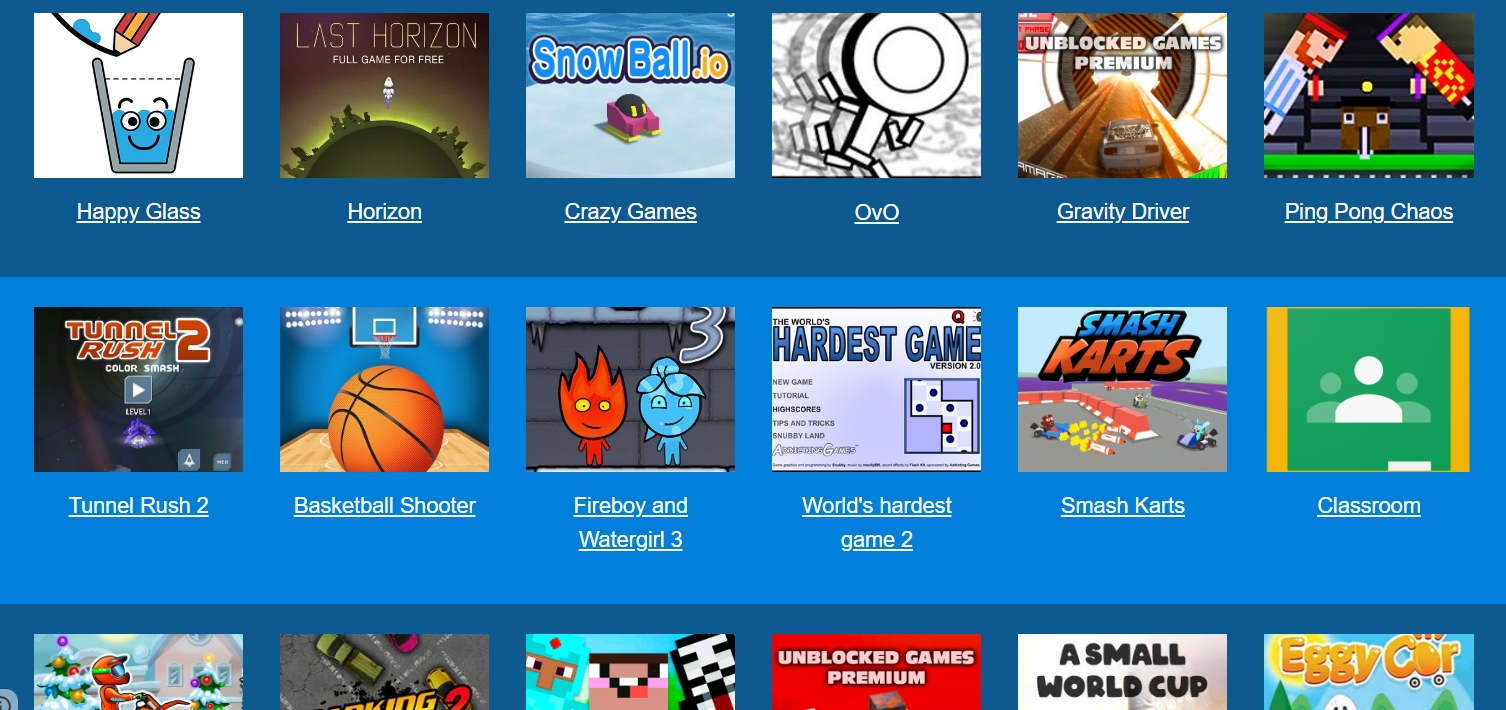

Closure
Thus, we hope this article has provided valuable insights into The Legacy of Unblocked Games: Exploring the Phenomenon of Online Play in Educational Settings. We appreciate your attention to our article. See you in our next article!
Leave a Reply